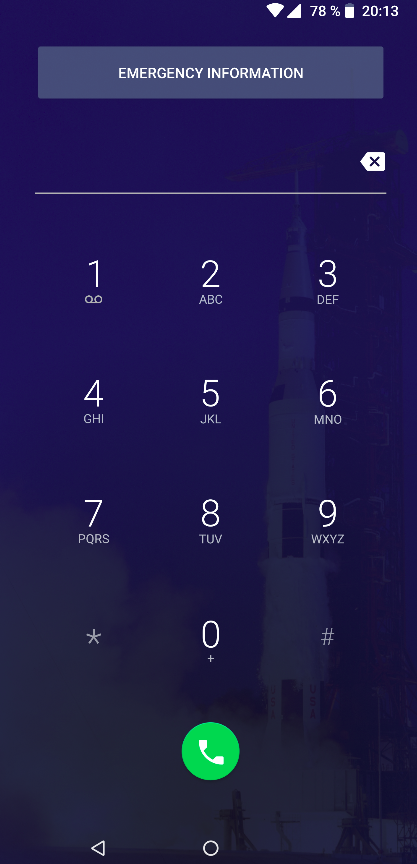I really like 3GPP and standards. It’s a great thing and it has brought us devices that can communicate anywhere around the globe where a network is available. Unfortunately standardization of important features doesn’t work all the time. Take the ‘In Case of Emergency’ (ICE) functionality I wrote about 10 years ago as a prime example of industry failure to implement. In essence, 3GPP specified at the time, how emergency contact information should be stored in a mobile device, and in extension, the SIM card and they standardized how the retrieve the information. At the time I was a strong supporter of ICE as a recent personal experience has shown me the value of this.
 Thus, I pushed hard in all directions that ICE was actually implemented. I was very much surprised about the apathy and indifference I met and statements like ‘there’s no money to be made with feature so why should we implement this?’. I was flabbergasted and I admit that I gave up after a while. Fortunately, the mindset of other players in the industry was somewhat different.
Thus, I pushed hard in all directions that ICE was actually implemented. I was very much surprised about the apathy and indifference I met and statements like ‘there’s no money to be made with feature so why should we implement this?’. I was flabbergasted and I admit that I gave up after a while. Fortunately, the mindset of other players in the industry was somewhat different.
Today, both iOS and Android have the feature implemented completely independently from 3GPP and network operators and it works in a similar way as originally intended. When the phone is locked, there’s a big ‘Emergency Information’ button above the emergency dial pad that. If the owner has assigned an entry in the address book as emergency contact, the name of the contact is presented here and the number can be dialed by the first responder. A pretty close implementation of what 3GPP had in mind. Thank you very much for this!
Which makes me wonder how many people are actually aware of the feature and have assigned an emergency contact and further, if first responders are in general aware of this feature and use it to contact the next of kin when dealing with an unconscious or delirious patient!? If you have some more information please consider leaving a comment.